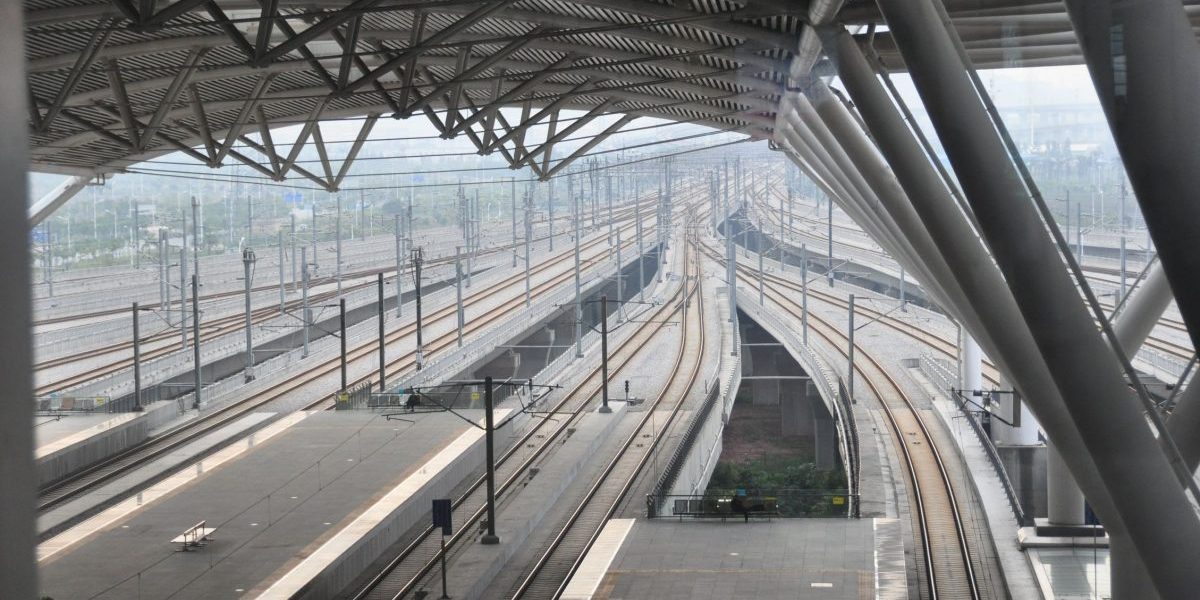Railway construction is one manifestation of China’s economic statecraft in Africa and a sector that African leaders have eagerly leveraged. This paper examines the case of Ethiopia’s Chinese-financed railway projects, including the Addis-Djibouti Railway, contrasting it to Ethiopia’s experience with subsequent European/Turkish financed projects. Through the lens of African agency, the case shows the opportunities, missed and taken, by Ethiopian actors in leveraging external partners, focusing on areas of technology and skills transfer. The different financing arrangements entail different relationships—one politicized, one commercial—offering different scopes of bargaining power: while the political relationship offers greater flexibility regarding financing, the commercial project has been more successful for exercising agency in relation to contractors.








